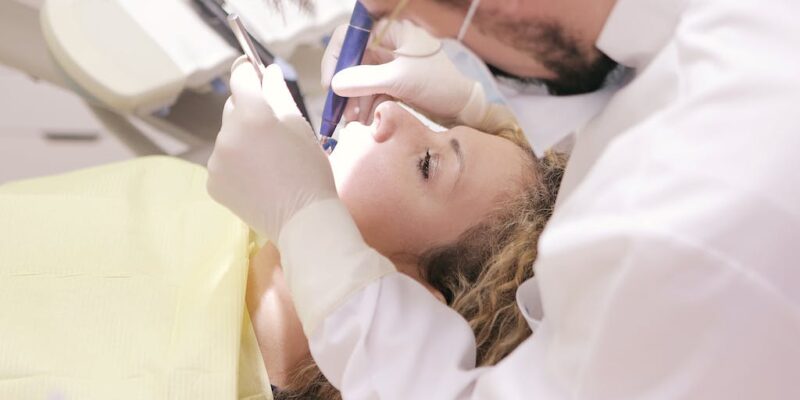Dental care is an essential part of overall health, playing a crucial role in maintaining not only a bright smile but also preventing various health issues. Proper dental care involves more than just brushing your teeth twice a day; it encompasses a range of habits and treatments that help keep your teeth, gums, and mouth in optimal condition.
Why Dental Care is Important
Maintaining good oral hygiene is vital for preventing dental problems such as cavities, gum disease, and bad breath. Poor oral health has been linked to more severe health conditions, including heart disease, diabetes, and respiratory issues. In fact, your mouth can often serve as a window to your general health, with signs of nutritional deficiencies or systemic diseases showing up in your oral cavity first.
Key Aspects of Daily Dental Care
For effective dental care, it’s important to follow a daily routine that supports the health of your teeth and gums.
Brushing:
Brushing your teeth twice a day with fluoride toothpaste is the foundation of good oral hygiene. Use a soft-bristled toothbrush to gently clean your teeth and gums without causing damage. Brushing removes plaque, a sticky film of bacteria that can cause cavities and gum disease.
Flossing:
Flossing daily is just as important as brushing. It helps remove food particles and plaque from between your teeth and below the gum line, areas that your toothbrush can’t reach. Regular flossing reduces the risk of gum disease and tooth decay in those hidden spots.
Mouthwash:
Using an antimicrobial or fluoride mouthwash can provide additional protection for your teeth and gums. Mouthwash helps reduce bacteria in your mouth, freshens your breath, and can strengthen tooth enamel.
Common Dental Procedures
In addition to a daily dental care routine, regular visits to the dentist are necessary for maintaining oral health. Dentists provide a range of treatments to prevent and address dental problems.
Professional Cleanings: Even with diligent at-home care, plaque can harden into tartar, which can only be removed by a dentist. Professional cleanings, recommended every six months, help prevent tartar buildup and keep your gums healthy.
Fillings: If a cavity forms in your tooth, a filling may be required to restore the damaged area. Fillings can be made from various materials, including amalgam, composite resin, and porcelain.
Root Canals: When tooth decay reaches the pulp of a tooth, causing infection or severe pain, a root canal may be necessary to remove the infected tissue and save the tooth.
Crowns and Bridges: Crowns are used to cover damaged or decayed teeth, while bridges can replace one or more missing teeth, restoring both function and appearance.
Preventive Care and Early Detection
The best way to avoid dental problems is through preventive care. This includes regular dental check-ups, where dentists can spot early signs of issues like gum disease or oral cancer. Early detection of these problems can prevent more extensive, costly, and painful treatments down the road.
Maintaining Oral Health as You Age
Oral health needs change as you age, with older adults more likely to experience tooth loss, gum disease, and dry mouth due to medications. It’s important to continue prioritizing dental care in later years, with special attention to using fluoride products and maintaining regular dental visits.
Good dental care is vital for maintaining overall health and well-being. By following a regular oral hygiene routine and seeking professional dental care when needed, you can keep your teeth and gums healthy for life.











Comments